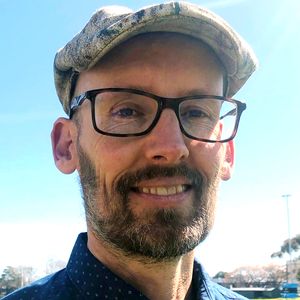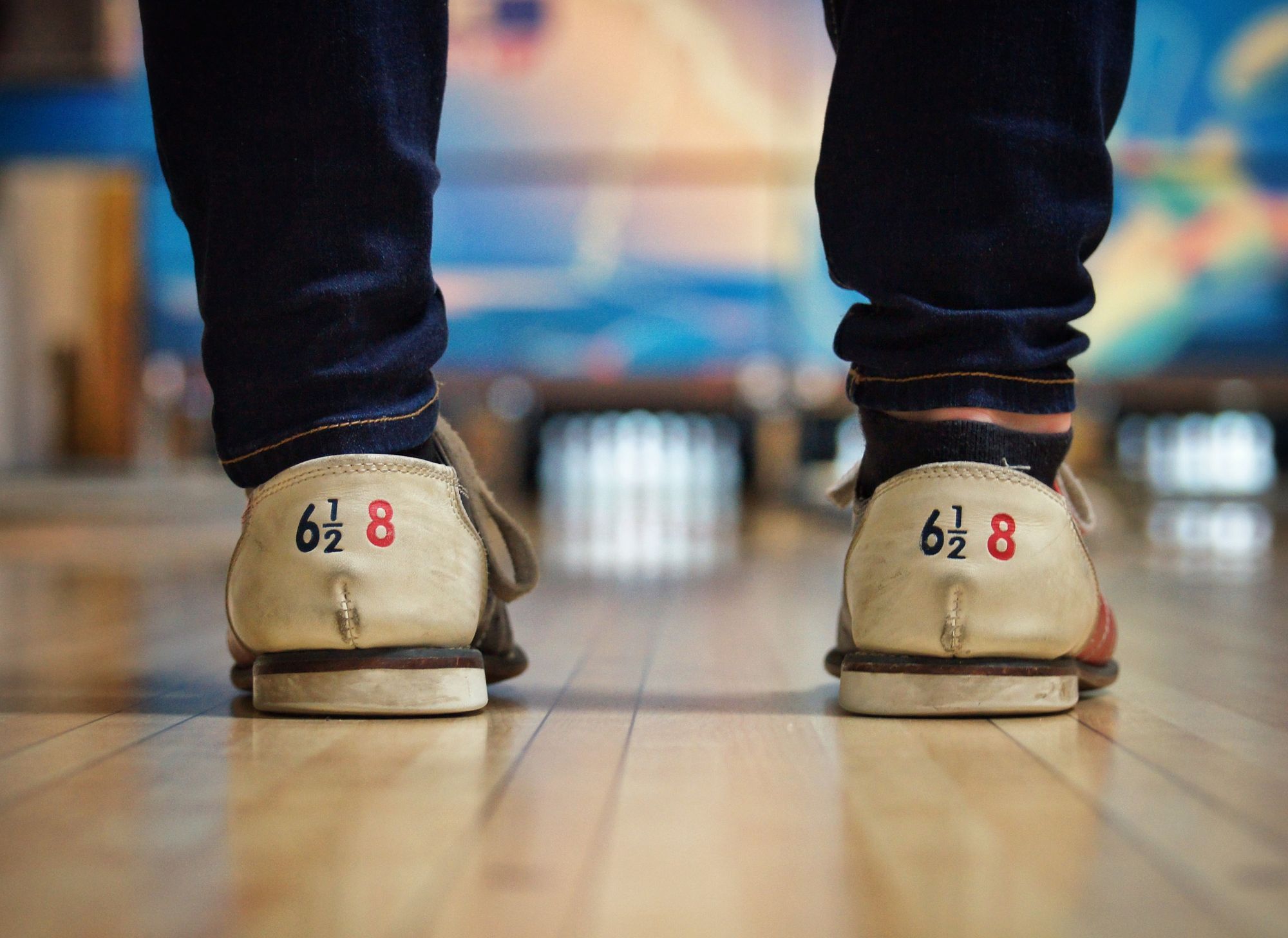Letter from the Editor
I’m in an online, global community that meets weekly to discuss books about contemporary issues that we all read together. We bring our insights and understandings for each chapter to the community, and we share our thoughts and listen to what we all are saying about the book.
It sounds like just another book study, I know, but it’s more than that. The study is the vehicle for what we’re trying to do, which is to build community among people from all over the world. Whether it is a book about the aberration of using violence as justification for our dehumanizing criminal courts system and incarceration, or it is the meaning of land and water to the physical and spiritual health of the communities that are nurtured by these resources, we have lively conversations from a wide variety of viewpoints.
One thing that runs through these conversations is the philosophy that we all listen first to those in our community who have been most silenced. We give priority to the insights that come from our siblings from the oppressed people, such as our Black siblings and our Indigenous/Native siblings.
For white folks, it’s a difficult space to navigate, as many of us struggle to listen because we are used to having the first and last word. But we hold one another to account, and try to be open and actively listen to what our siblings are saying.
Recently we’ve had to hit the Pause button, though. Despite our attempts to be good listeners and participants, to give the unvoiced their place to speak with their whole voices—we found that many of us still weren’t connecting what we were hearing in our heads to what we were feeling in our hearts. We could write down our notes and give a great analysis of the responses—but we were not listening and seeing with our whole, vulnerable selves. We have found ourselves now in a situation where we are all re-evaluating our place in the community and even re-evaluating the purpose of the community. If we who are trying so very hard cannot really listen and see, then we need to stop and ask ourselves what are we doing wrong? Where did we make the wrong turn, and how do we retrace our steps and get on the right path to connection and community?
It is a hard thing to come against this. Shocking, even. So many earnest people trying their best to do the right thing, and we missed it so badly that our siblings had to say “Stop. Hold up. You’re really, really not comprehending what’s going on here and what you’re doing. You’re hurting us with your indifference. You’re not seeing us.”
But—here’s the good thing that comes from this pause to reflect and reconsider. Instead of just plowing ahead with the notion in our head of “oops, sorry for the pain—we’ll just try harder,” we’re being sober about our efforts, we’re being intentional about listening, and we’re committed to re-evaluating what we’re doing and to change the things that we are doing if they are not building community.
We've stopped, put our efforts on pause, and we’re gathering in smaller groups for sober reflection. We believe that changing our world starts with changes in community, and that change is going to provoke feelings within us all as our behaviors are challenged and our stated intentions are questioned.
The feelings that arise from this call to put on pause our very good intentions can cause feelings of shame and failure. It is a very natural thing to have these feelings, but instead of hiding these feelings, we are using our shame to understand ourselves, our siblings, and what we value.
One hallmark of trying to be “good white people” is the attempt to be perfect and to be successful in our attempts to leave our race-based ways of thinking about the world. And along with that comes the fear that we are not doing it well enough, that we are failing—and that causes shame and guilt for not getting it right, as if the reason to become those better human beings is to ace a test rather than connect with our own feelings and then connect with our siblings in true and honest ways.
Relationships are messy. Change is messy. People are messy. But we’ve been trying to be “perfect” instead of vulnerable, and those efforts will never lead to honest connection.
I can’t say I enjoy this process of reflection, but I value it. To let ourselves feel the effects of indifference and dismissal of the pain of racism and oppression is one way for white people to grasp how important it is to be committed to change—and to do the necessary work to change.
What matters is not the success of the program or the good feelings that we come away with. What matters is that we dig into ourselves, become vulnerable, recognize and wrestle with the discomfort we feel, admit that we are seeing our siblings as they want to be seen, and recommit ourselves to becoming the kind of people who are transparent about our very selves in the presence of our siblings.
For we are committed to the goal of becoming people who are loving, open, honest, understanding, and committed to doing all that we can to be real, live people who can embrace our flaws and be willing to stay in relationships even when they’re messy and hard and frustrating. Ultimately we want to not just be head-focused people but people who allow our hearts to be connecting with the hearts of all of those in our community.
So, after our pause for reflection, we’ll be restarting again, soon. We’ll use this reset to refocus on becoming actively loving people connecting with all that is within us, heart and mind, so that our love is unfeigned and our actions are connected to our intentions.
That is what love is all about.
Love one another.
Stephen Matlock
OHF Weekly, Senior Editor
NEW THIS WEEK
Shame as a Path to Healing Racism
By Kim McCaul
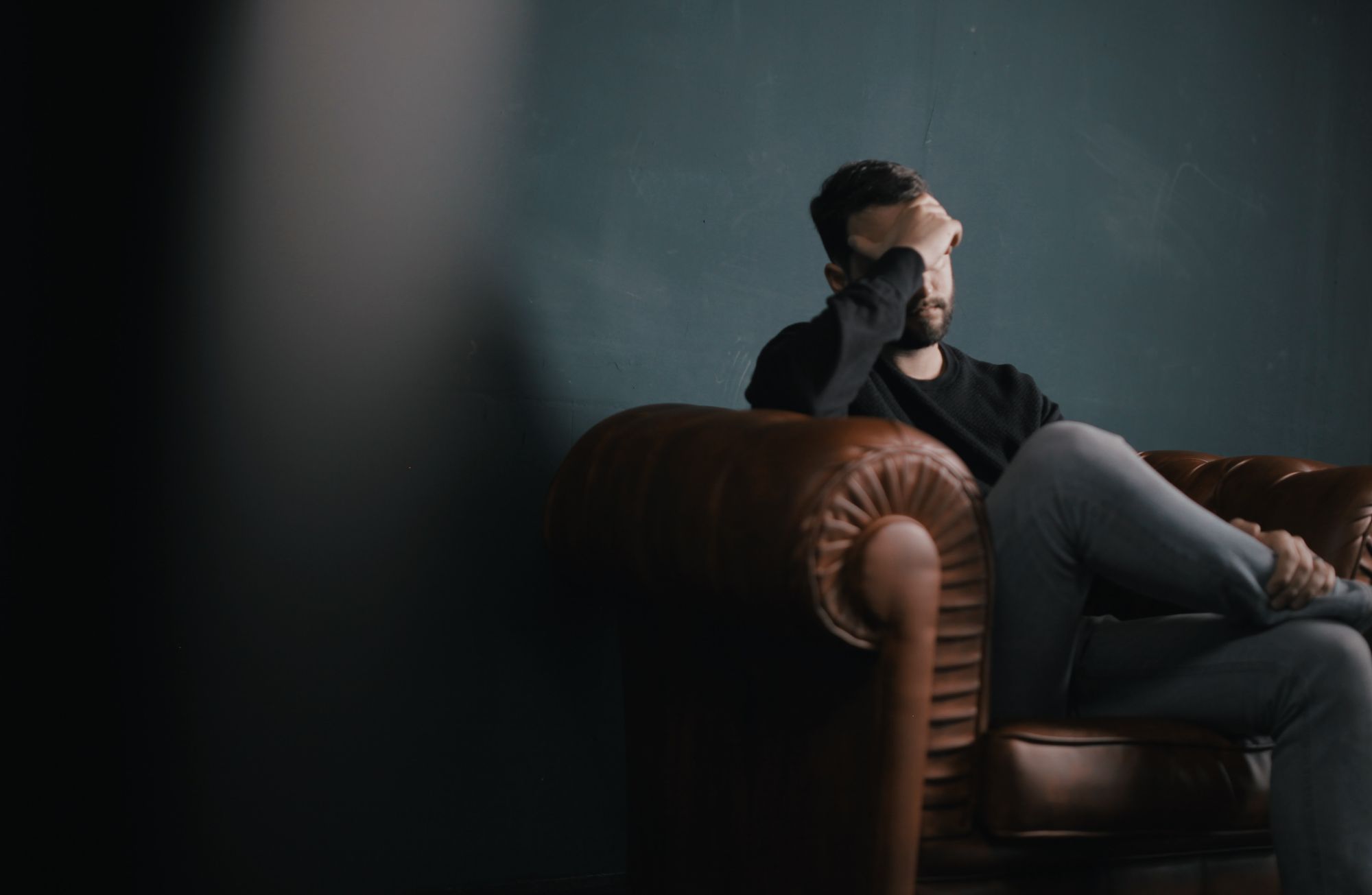
The discomfort we feel when we confront our actions can be a good sign that we really want to do and be better. Can we sit in it long enough to grieve and then respond in our understanding of our connection to the community?
Shame has a bad reputation. Being “crippled by shame” sounds incredibly disempowering, and plenty of coaches and generally well-meaning folk advise us not to get stuck in shame, because “shame doesn’t help anyone.” I used to operate from that space myself, seeing shame as a pointless emotion to shift out of as quickly as possible. But now I see that shame may have a really important role to play as a catalyst for inner change. For white men like me, when it comes to assuming responsibility for our role in the systemic racism that defines our colonial societies, really sinking into the truth of the situation and feeling the shame that will come with that can be just what we need to inspire us to take practical actions to undo racism and other systemic inequities. Read the entire article at OHF Weekly.
More Articles by Our Writers

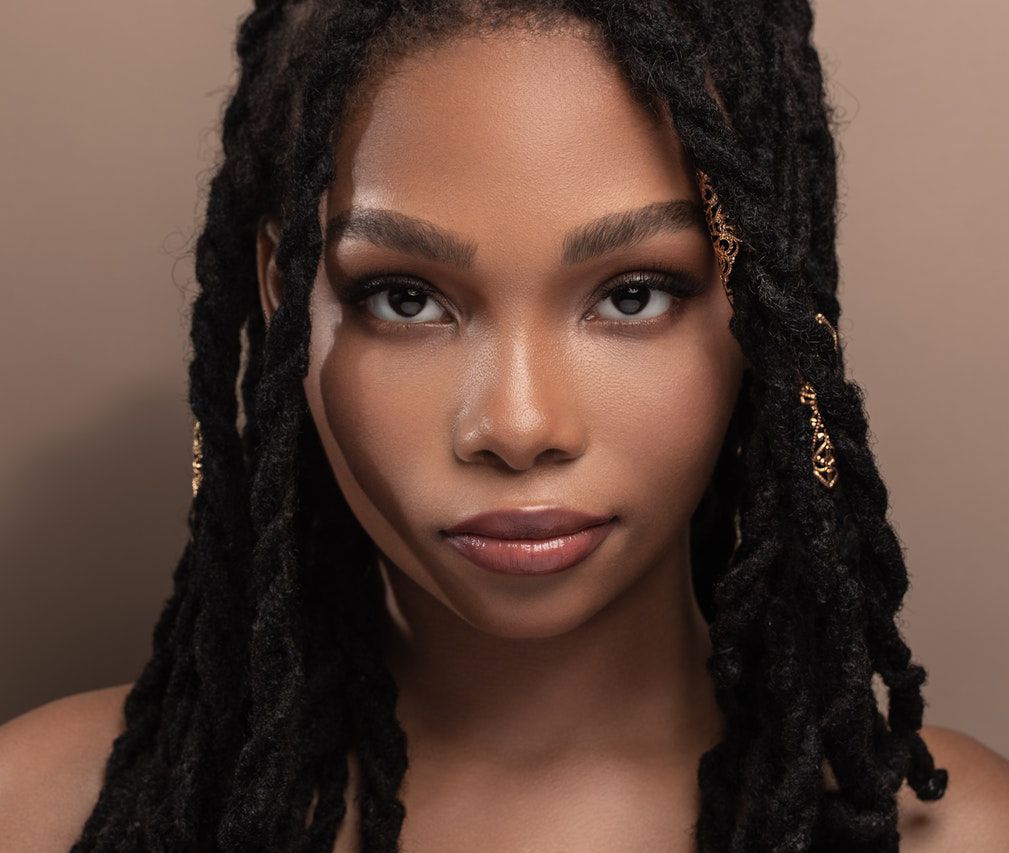
ANNOUNCING
We’re 3 Years Old!
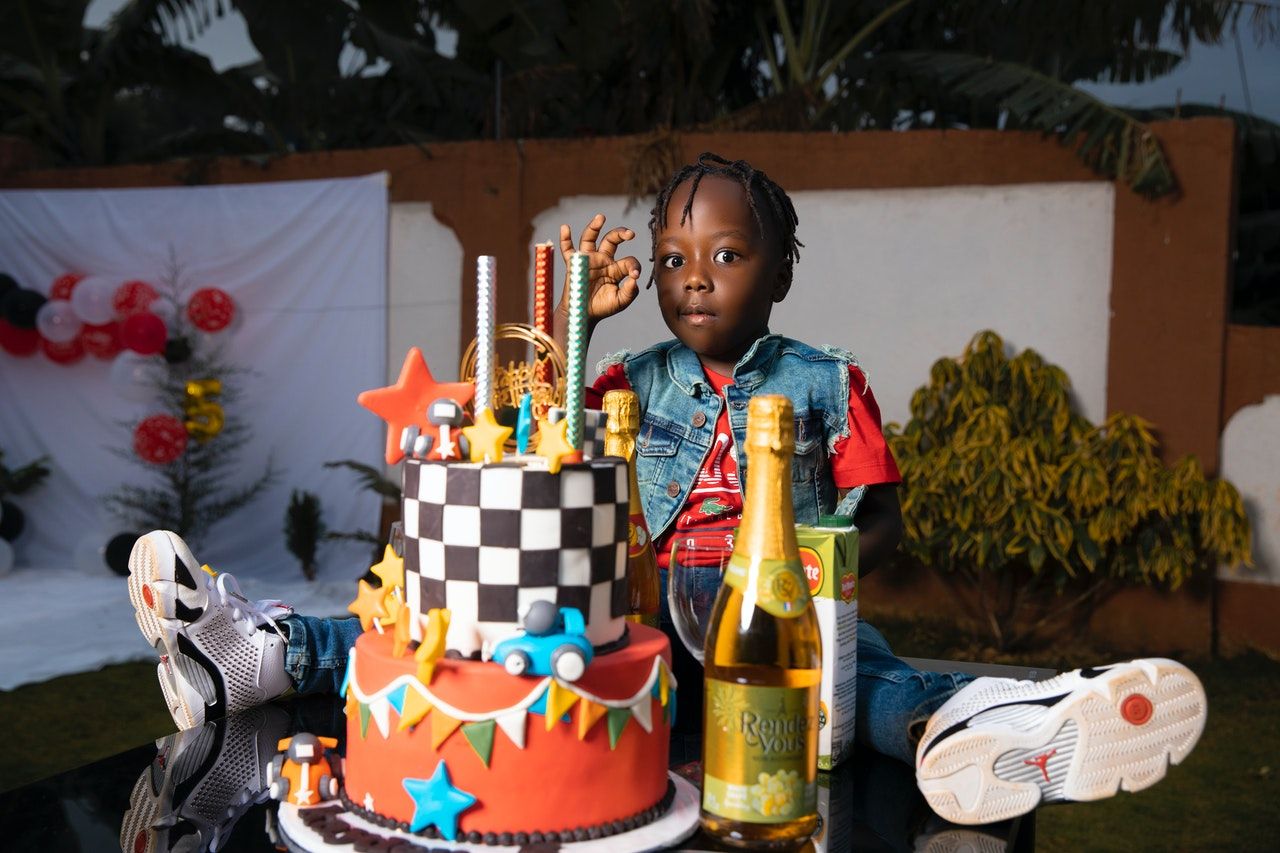
On April 2, Our Human Family turned three years old—and it’s a monthlong celebration! In that time, we’ve garnered a surprising number of accomplishments, thanks to you our writers, readers, and donors. And yes, we’re shamelessly accepting gifts!
CALLING ALL FICTION WRITERS
OHF Weekly Writing Contest + Cash Prize for the Winner!

Our annual Equal People Series is back, but with a twist: This year it's a writing contest with a cash prize for the top writer. For details and deadlines: click here!
Final Thoughts
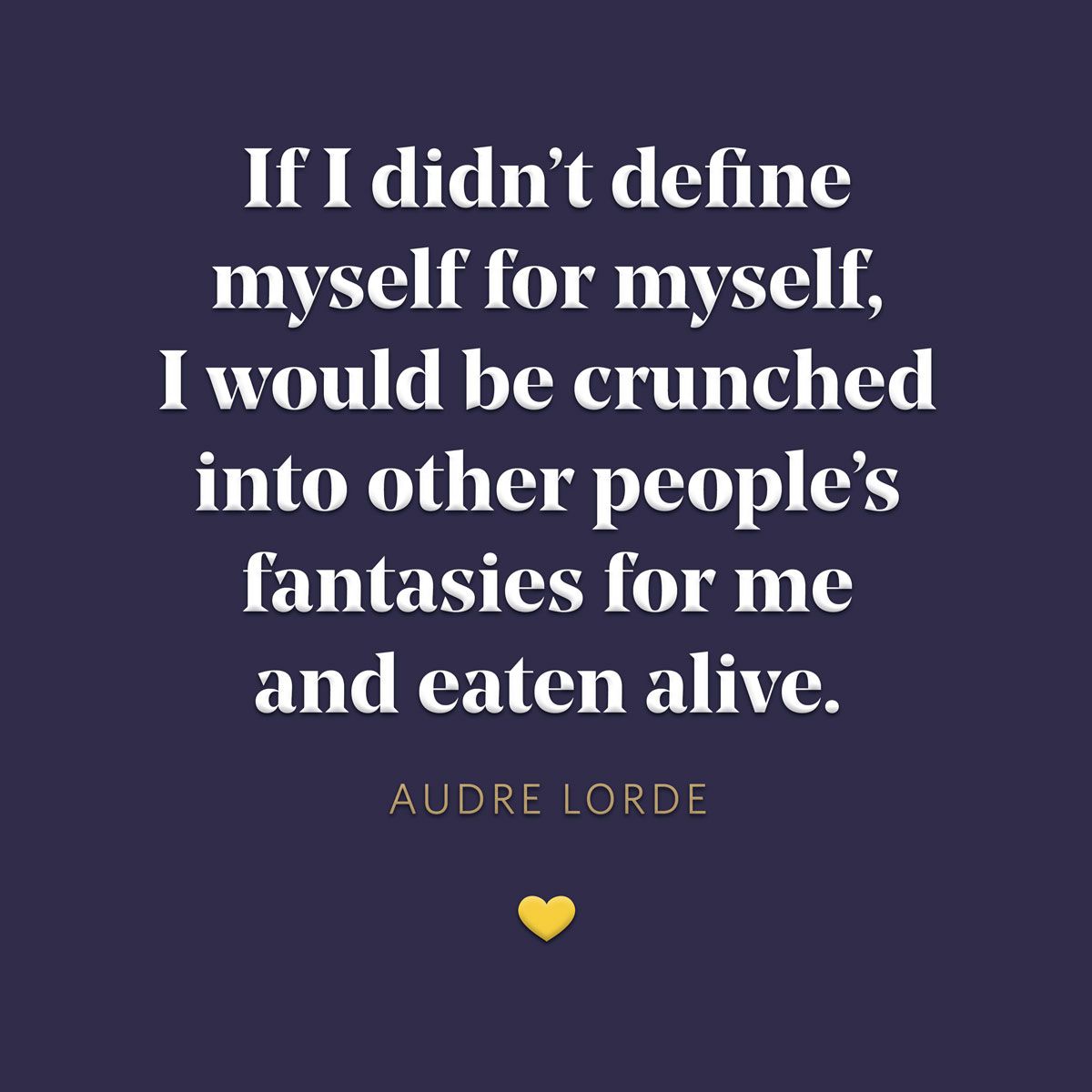
Top image by Eugen Visan from Pixabay



